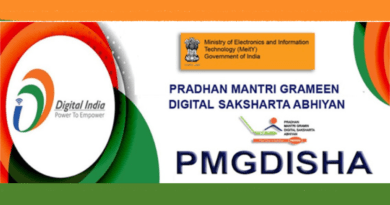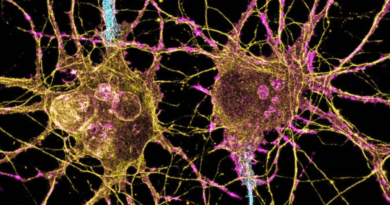Important: Indians Need Menstrual Health and Hygiene Education
On the one hand, India is leading the global social revolution. Nonetheless, extreme poverty continues to impede progress in menstrual health and hygiene.
According to UNICEF, only 13% of Indian girls are aware of menstruation before menarche, or their first period. Due to a lack of infrastructure and other challenges, 60 percent of girls miss school during their periods or drop out completely. In some municipal schools, for example, girls must use toilets without doors or share them with boys.
15,000 government schools in India lack restrooms. There are frequently no disposal options for used sanitary pads. This is an area that should be upgraded as soon as possible. Advaitesha Birla, founder of Ujaas, will tell us why Indians need menstrual health and hygiene education the most.
How do we educate?
Even now, two out of three women do not have access to safe menstrual absorbents. They use unsanitary and unsafe alternatives such as mud, cloth, and leaves, resulting in recurring infections.
This can have long-term consequences for their health, including the inability to conceive. In workplaces and even villages, there are frequently no separate and adequately clean toilets or facilities that cater to a woman’s menstrual needs. Furthermore, with women in our country earning an average daily wage of 180 rupees and a large demographic earning even less, sanitary products can be extremely expensive.
No woman should have to use harmful absorbents. Sanitary napkins are a woman’s fundamental right. Aside from low-cost sanitary pads, reusable silicon cups that last for years should be promoted at subsidised prices. Another sustainable solution is to teach women in rural communities how to make cloth sanitary pads themselves.
With hygienic packaging, these can be sold directly to community women or local shops. This can reduce the cost of sanitary pads by two-thirds while providing an income for these women.
Why the lack of education?
Period poverty is also a direct result of a lack of knowledge about menstruation in both rural and urban areas. Many women lack a proper understanding of this biological phenomenon. Women, particularly adolescent girls, experience a lot of hormonal spikes during their periods.
Their oestrogen, serotonin, and progesterone levels fluctuate.
Making women aware of the impact of this on their mental state can help them cope with their moods and feelings of anger, anxiety, and depression during menstruation.
This acute lack of awareness stems from a stigmatising culture. Menstruation is still taboo, and it is associated with so many myths and stigmas that condition women to think of it as ‘dirty’ and ‘impure’. The conditioning reinforces the widespread belief that women have an inferior status in society.
Period poverty is also linked to gender inequality, which makes menstrual hygiene a neglected topic of discussion. Most men have a limited understanding of menstruation and its physiological aspects.
Why can’t a campaign to normalise menstrual health and hygiene exist, similar to the ‘Swachh Bharat’ campaign?
Only by bringing people from all walks of life, including men, together to raise awareness about menstruation across various social domains will we be able to bring about the much-needed revolution in menstrual health and hygiene.
And to make this happen, we need strong public-private partnerships. To broaden the reach and impact of the awareness campaign, the government, non-governmental organisations, and corporations must collaborate with grassroots organisations. In addition, we must identify and implement long-term solutions.
School curricula, for example, must include education on menstrual health and hygiene. Similarly, by assisting in the formation of self-help groups, we can realise the enormous potential of communities.
We can help beneficiaries educate their own families and other women in their communities.
Because of this spillover effect, our reach and impact can be multiplied tenfold. Understanding local languages and indigenous cultures is essential when communicating with rural communities. To alleviate stigma and effect change, it is necessary to respect the people’s cultural ethos.
Overall, we require a comprehensive campaign to not only create a supportive environment for menstrual health and hygiene but also to empower women in the process.




